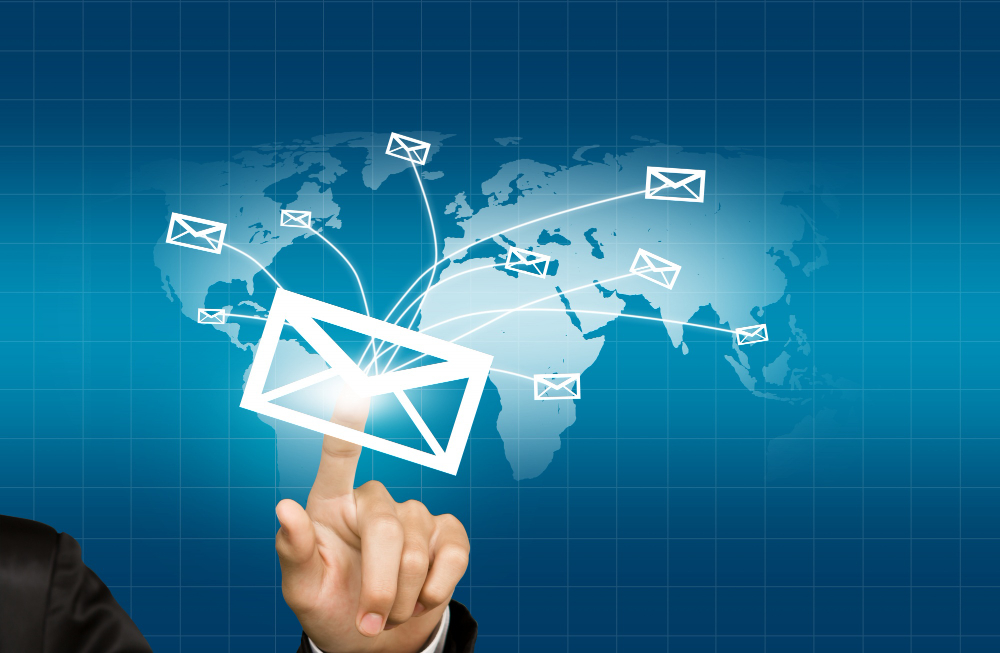Spam and phishing attacks have become more prevalent today, with an estimated 319.6 billion spam emails sent and received daily. Therefore, businesses must have spam filters to prevent mail junk from getting to your mailbox.
Why Are Email Filters Important?
Email Filters help prevent phishing attacks, which can result in data breaches and financial losses. Second, they help ensure legitimate emails get delivered to the recipient’s inbox, improving communication efficiency. Finally, they help businesses comply with email regulations and laws, such as GDPR and CAN-SPAM.
What are email spam filter services?
Email spam filter services help businesses and individuals manage email communication by filtering out unwanted and potentially harmful messages. They use various methods to identify and filter out spam, ensuring that legitimate emails get delivered to the recipient’s inbox.
They include;
1. Content-based filtering
Content-based email filtering services identify information in the body, header, subject, and attachments of email messages. The software uses AI and machine learning to scan emails and attachments for potential threats and then block or quarantine the delivery of suspicious messages.
This enables users to block malicious emails or accept, classify, and reject incoming mail.
2. Reputation-based filtering
Reputation-based email filtering services work by filtering out known spammers or approving trusted senders based on reputation databases. Reputation Block Lists (RBLs) are lists of domains, URLs, and IP addresses that have been analyzed and deemed possible security threats. Filtering inbound emails uses rules and policies based on the sender’s reputation, IP addresses, email addresses and domain addresses, keywords, and complex Microsoft analysis algorithms. Email messages that are classified as dangerous are rejected and deleted.
3. Behavioral analysis
Behavioral analysis email filters analyze incoming emails’ behavior to determine whether they are legitimate.
These filters use machine learning algorithms to analyze the content of emails and identify patterns that indicate whether an email is spam. They also look for signs of phishing attacks, such as suspicious links or requests for personal information. Behavioral analysis email filters can be more effective than traditional filters because they can adapt to new threats and identify previously unknown types of spam.
4. Machine learning
Machine learning-based email filters analyze the content of incoming emails and identify patterns. These patterns may indicate whether an email is spam or not. The algorithms are trained on large datasets of emails to learn the types of legitimate and spam emails.
They can also identify phishing attacks by looking for suspicious links or requests for personal information. Machine learning-based filters are more effective than traditional ones because they can adapt to new threats and identify previously unknown types of spam.
Factors to Consider when Choosing the exemplary email spam filter service
1. Effectiveness of how well the service filters out spam and phishing attacks
2. Customizations that can be implemented to meet the needs of the business
3. Integration with other email tools, such as email clients and servers
4. Cost of the service
5. Level of support provided
Final Thoughts
Email spam filter services are essential for businesses of all sizes to ensure efficient and secure email communication. Companies should consider factors such as effectiveness, customization, integration, cost, and support when choosing an email spam filter service. With the exemplary email spam filter service in place, businesses can enjoy improved communication efficiency, reduced risk of data breaches, and better compliance with email regulations and laws.
Looking for Email Spam Filters? Contact us today at sales@mailsafi.com or +254-728-999222
![]()





Pingback: The evolution of antispam measures from basic filters to cloud-based solutions
Pingback: Email Spam and Spam Filtering: What it means for your Business